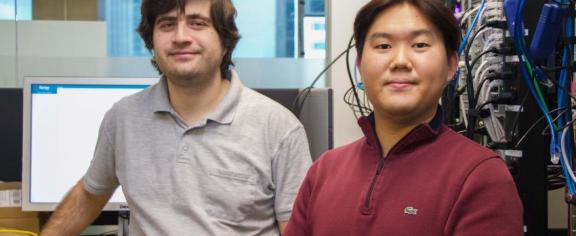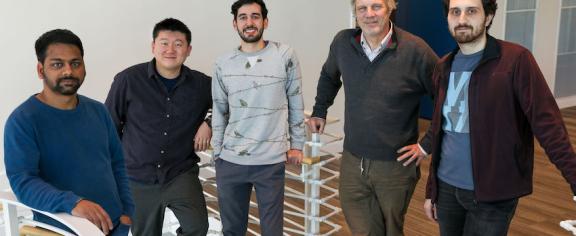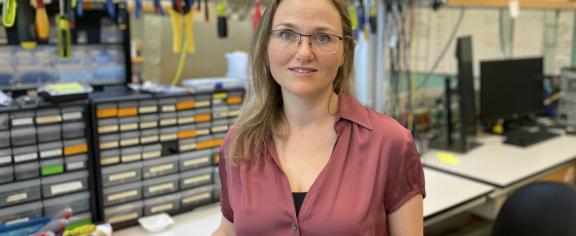2023-09-06
A new tool developed at Georgia Tech is proving to be highly effective against online malicious ads.
2023-11-20
Georgia Tech cybersecurity and privacy researchers have uncovered a significant threat that exploits a vulnerability in the Safari web browser
2023-11-29
The National Institute of Health (NIH) has awarded Yunan Luo a grant for more than $1.8 million to use artificial intelligence (AI) to advance protein research.
2023-12-20
The feasibility study by Georgia Tech researchers explores using conditional normalizing flows (CNFs) to convert seismic data points into usable information and observable images. This potential ability could make monitoring underground storage sites more
2024-03-05
Researchers from the School of Cybersecurity and Privacy and the School of Electrical and Computer Engineering are collaborating to secure vulnerable infrastructure from online attacks.
2023-09-28
School of Computational Science and Engineering (CSE) Assistant Professor Peng Chen is co-principal investigator of a $1.5 million National Science Foundation grant to develop the CRIS-HAZARD system.
2024-04-09
Georgia Tech's School of Cybersecurity and Privacy issues report card two decades after conference defining 'grand challenges to the field.
2024-05-07
Method Provides Users Options When AI Rejects or Discriminates Against Them.
2024-04-17
Georgia Tech is one of the first research universities in the country to receive the GH200 Grace Hopper Superchip from NVIDIA for testing, study, and research.
2024-05-09
Biomedical engineer Annabelle Singer has spent the past decade developing a noninvasive therapy for Alzheimer’s disease that also could benefit patients with a host of other neurological disorders, from epilepsy to multiple sclerosis.








